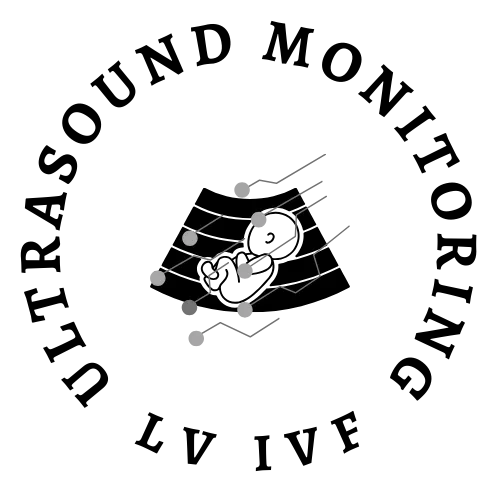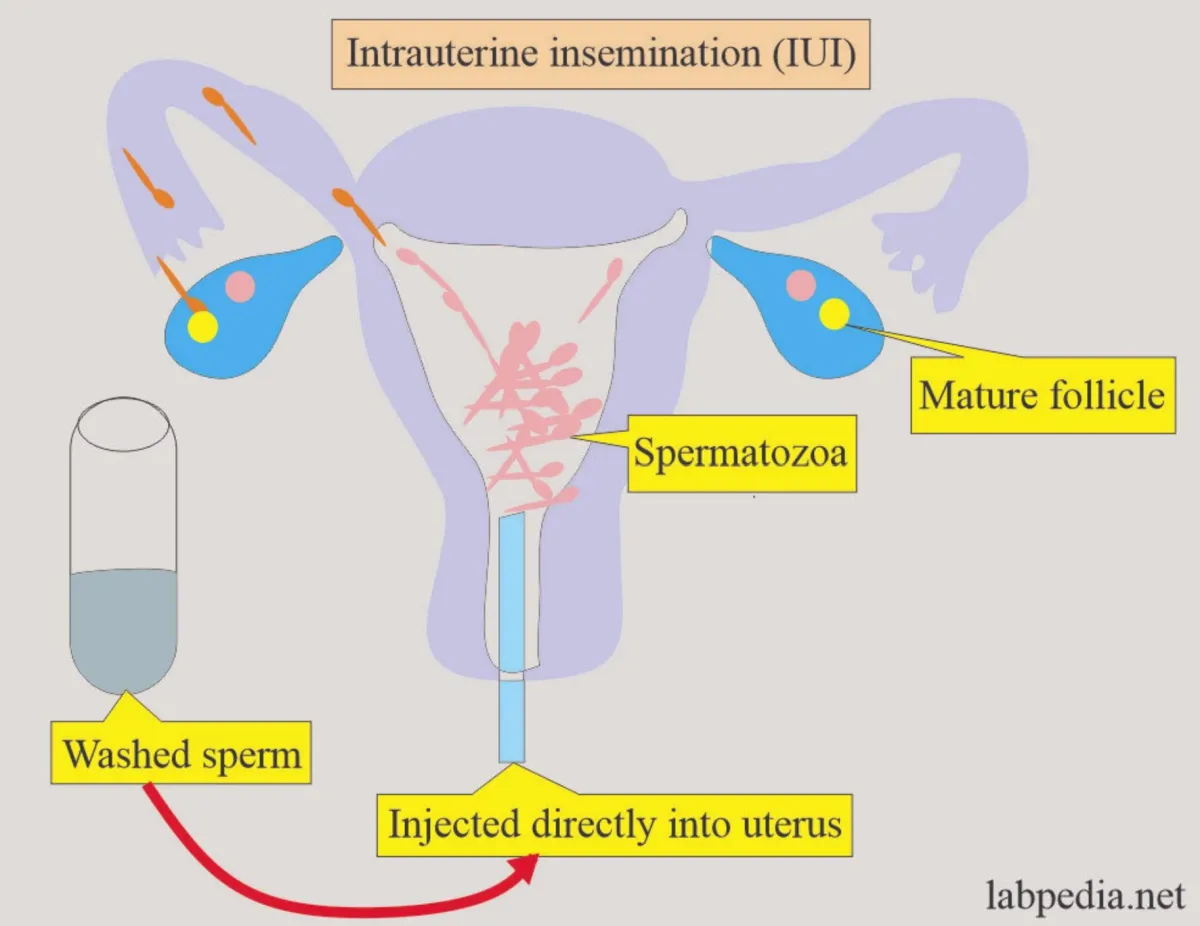
Ultrasound Monitorig
for Your IVF Cycle
For IVF monitoring cycles that are out-of-state of your location
Starting your cycle
Starting an IVF cycle is stressful enough, doing it with an out-of-state provider just increases that stress. That is why we have developed an out-of state monitoring program to help women that need ultrasound monitoring without having to travel to their provider. We follow your physicians instructions and with be able to accommodate your schedule. Most all cycles, whether retrievals or transfers, will need 2-3 ultrasounds during that cycle. All reports can be faxed or emailed to your physician within 2-3 hours after the exam is finished.
To schedule an appointment
Please Call True Health Acupuncture at 702-475-0870
You can also book online on the True Health Acupuncture website.
1481 W Warm Spring Rd #129
Henderson, Nevada 89014
Testimonials
My name is Michelle Aukerman. And I just have to say that Joyce at True Health Acupuncture is probably the best ultrasound technician I have ever had in my life and I’ve been through several. She’s very personal and talks through everything and if something goes wrong, she says OK how do we make this right? What’s the next step we need to take? You don’t hear that from any other ultrasound tech, they're so jaded. The comfort environment at True Health Acupuncture is unmatchable. It does not feel like a doctor's office and everybody is so warm but when it comes to Joyce, she is completely unmatched. It’s like having your own mother right there with you. I highly highly recommend her.
Thank you, the Aukerman’s

Michelle A.
This is the second pregnancy that I came to Joyce for my outside monitoring. I have been very nervous about the whole process, but Joyce guided me through each and every ultrasound. Although the monitoring went smoothly, upon achieving pregnancy I developed some bleeding. Of course, I panicked. Joyce explained everything that was going on with my bleeding and helped me through this anxious time. I don’t know what I would have done without Joyce’s calm demeanor. And the added bonus is having acupuncture treatment right there at True Health Acupuncture, the office Joyce works out of. I will always be truly thankful for the amazing experience that I received from both Joyce and True Health to be a part of my fertility journey.

Sara P.
Joyce is an exceptional individual who made a significant impact during my IVF journey. I had the privilege of meeting her when I needed support, and she was able to perform ultrasounds when our IVF Dr was unable to accommodate us. Her ability to confirm our twin pregnancy was incredibly reassuring. Joyce took the time to explain everything she was observing, which not only made the experience more memorable but also helped alleviate my anxiety. Her compassionate approach truly made a difference in my experience.

Nicole B

Natural vs. Medicated IUI Cycles: What to Expect Each Step of the Way
Natural vs. Medicated IUI Cycles: What to Expect Each Step of the Way
Once a couple decides to try intrauterine insemination (IUI), the next big question is: Will this be a natural cycle or a medicated one? The difference between these two paths can be subtle but important—especially when it comes to timing, hormones, and overall success rates.
This post walks you through the differences between natural and medicated IUI cycles, what medications are often used, and how they align with the menstrual cycle’s natural rhythm.
🌱 Natural Cycle IUI: Trusting the Body’s Clock
A natural cycle IUI involves no fertility medications. It’s ideal for women who:
Ovulate regularly on their own
Have a predictable menstrual cycle
Want to avoid extra hormones or medications
What happens in a natural cycle?
Cycle Days 10–14: The patient uses ovulation predictor kits (OPKs) at home to detect the LH surge, which typically occurs 24–36 hours before ovulation.
Once the surge is detected, the IUI is scheduled for the next day or the day after.
The sperm is washed and inserted directly into the uterus using a thin catheter.
Pros:
Fewer side effects
Lower cost
No risk of overstimulated ovaries
Cons:
Less control over timing
Only one egg is typically released, which may lower success rates
💊 Medicated IUI Cycles: Giving Ovulation a Boost
A medicated IUI cycle uses fertility drugs to stimulate ovulation—or in some cases, produce more than one mature egg to improve chances of conception.
Here’s how the process unfolds by menstrual cycle phase:
📆 Cycle Days 2–4: Baseline Monitoring
Transvaginal ultrasound and bloodwork to check for ovarian cysts and baseline hormone levels (estradiol, LH, FSH).
This helps confirm it's safe to start medications.
🌸 Follicular Phase (Days 3–9): Ovary Stimulation
Medications Used:
Clomiphene Citrate (Clomid) – an oral anti-estrogen that stimulates the brain to release more FSH and LH.
Letrozole (Femara) – an aromatase inhibitor that boosts follicle development while preserving the uterine lining.
In more advanced cycles, gonadotropins (injectable FSH or hMG) may be used for stronger ovarian response.
📈 Cycle Days 9–12: Monitoring and Trigger
Another transvaginal ultrasound is done to measure follicle size and count.
Blood tests measure estradiol (E2) levels to gauge estrogen response.
Once follicles are mature (usually 18–22 mm), the patient receives a “trigger shot” of hCG to mimic the LH surge and induce ovulation.
💉 Trigger and IUI Timing
IUI is performed 24–36 hours after the trigger injection, ideally when ovulation is imminent.
🧬 Luteal Phase Support (Days 15–28)
Some providers give progesterone supplements (oral, vaginal, or injectable) to support the uterine lining and early implantation.
A pregnancy test is usually done 14 days after IUI.
🆚 Comparison Chart: Natural vs. Medicated IUI

💡 Final Thoughts
Natural and medicated IUI cycles each have their place in fertility care. For women with regular cycles and no ovulatory issues, a natural approach may be just right. But for those who need more help with egg development or timing, medications offer a helpful boost.
In the next post, we’ll take a deeper dive into diagnostic testing before IUI, including HSGs, saline sonograms, and the timing of key ultrasounds. Understanding these steps can help you feel confident and prepared throughout your fertility journey.
